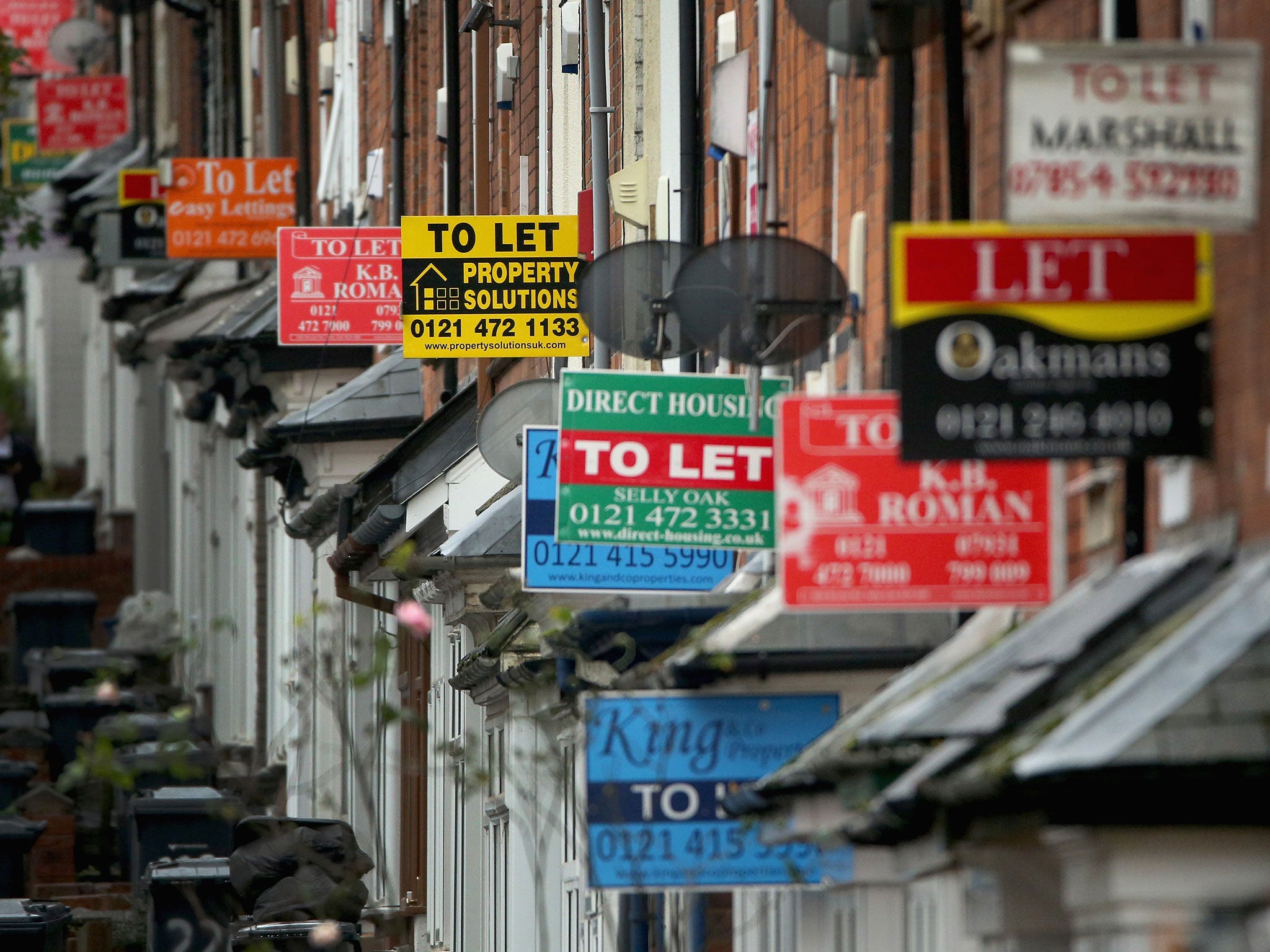The Tories' benefit cap should be completely scrapped, Jeremy Corbyn says
Evidence suggest the cap has a negative impact on children

Your support helps us to tell the story
From reproductive rights to climate change to Big Tech, The Independent is on the ground when the story is developing. Whether it's investigating the financials of Elon Musk's pro-Trump PAC or producing our latest documentary, 'The A Word', which shines a light on the American women fighting for reproductive rights, we know how important it is to parse out the facts from the messaging.
At such a critical moment in US history, we need reporters on the ground. Your donation allows us to keep sending journalists to speak to both sides of the story.
The Independent is trusted by Americans across the entire political spectrum. And unlike many other quality news outlets, we choose not to lock Americans out of our reporting and analysis with paywalls. We believe quality journalism should be available to everyone, paid for by those who can afford it.
Your support makes all the difference.The Tories' benefit cap should be completely scrapped because of its damaging effects, Jeremy Corbyn has said.
Speaking to the TUC conference in Brighton the Labour leader said his party wanted to reduce the welfare bill by tackling the problem at source – boosting wages and controlling rents.
“I simply ask the question: what kind of a society are we living in where we deliberately put regulations through knowing what the effects are going to be on very poor and very vulnerable people who end up committing suicide? And we say it’s all part of a normal process: no it is not,” he said.
Mr Corbyn said his would put down amendments to the Tories’ welfare bill to completely scrap the cap.
“As I’m concerned the amendments we’re putting forward are to remove the whole idea of the benefit cap altogether,” he explained. “We’ll bring down the welfare bill in Britain by controlling rents and boosting wages not by impoverishing families and the most vulnerable people.”
The welfare cap currently sits at £26,000, which is the annual amount of social security spending that no household can gain more than. The Conservatives have pledged to cut the cap to £23,000.

The cap is usually reached in areas where rents are particularly high and in households with many children.
Labour previously supported the cap and moved towards cutting it further while Harriet Harman was acting leader of the party, but Mr Corbyn has now changed course.
There is significant research to suggest the policy has a very negative impact on children.
The Children’s Society says over 140,000 children are hit by the cap compared to only 60,000 adults while children are more than seven times more likely to lose out from its effects.
Matthew Reed, the charity’s chief executive, said at the time of the cap’s announcement that it would be responsible for “putting more children on the breadline”.
“This is a blunt instrument trying to solve a complex problem. The policy may be targeted at workless adults, but in reality children are seven times more likely than adults to lose out. We estimate that 140,000 children, compared to 60,000 adults, will pay the price as parents have less to spend on food, clothing and rent," he said in 2013.
“Families, especially in London where the cap is being launched, may have their lives disrupted as they are forced to find cheaper rents in other parts of the country, resulting in children having to leave their schools and friends and breaking vital support networks. The cap will also put pressure on public services in the communities where they are forced to relocate."
“We fully support efforts to make work pay. But it is not right to achieve this by putting more children on the breadline.”
The annual Homelessness Monitor survey by the charity Crisis and the anti-poverty charity the Joseph Rowntree Foundation found in February this year that the benefit cap was linked with rising homelessness, especially in London.
The benefit cap was listed as one of the “most problematic aspects of the recent welfare reforms” alongside the bedroom tax and council tax reforms.
Last year Oxfam’s chief executive Mark Goldring cited the benefit cap amongst other policies that were “blowing massive holes in the safety net which is supposed to stop people falling further into poverty”.
The charity Gingerbread points out that the cap also disproportionately hits single parent families, for whom childcare can be a particular burden. Six out of 10 families affected by the cap have a single parent, and of those most have care of a child under five.
The organisation's chief executive Fiona Weir said earlier this year that reducing the cap "is likely to hit even more of these single parents with pre-school children" and said it the policy was in danger of increasing child poverty further.
The Department for Work and Pensions disputes charities' claims. It says people impacted by the cap are significantly more likely to enter work and that this trend did not exist before the cap was in place.
According to departmental research, 62 per cent of those affected by the cap did not do any more to find work, while 38 per cent said they did.
The Conservative manifesto said the party’s welfare policies would create “a welfare system that is fair to those who need it, and fair to those who pay for it too: stopping benefit cheats and ending welfare abuse”.
Join our commenting forum
Join thought-provoking conversations, follow other Independent readers and see their replies
Comments